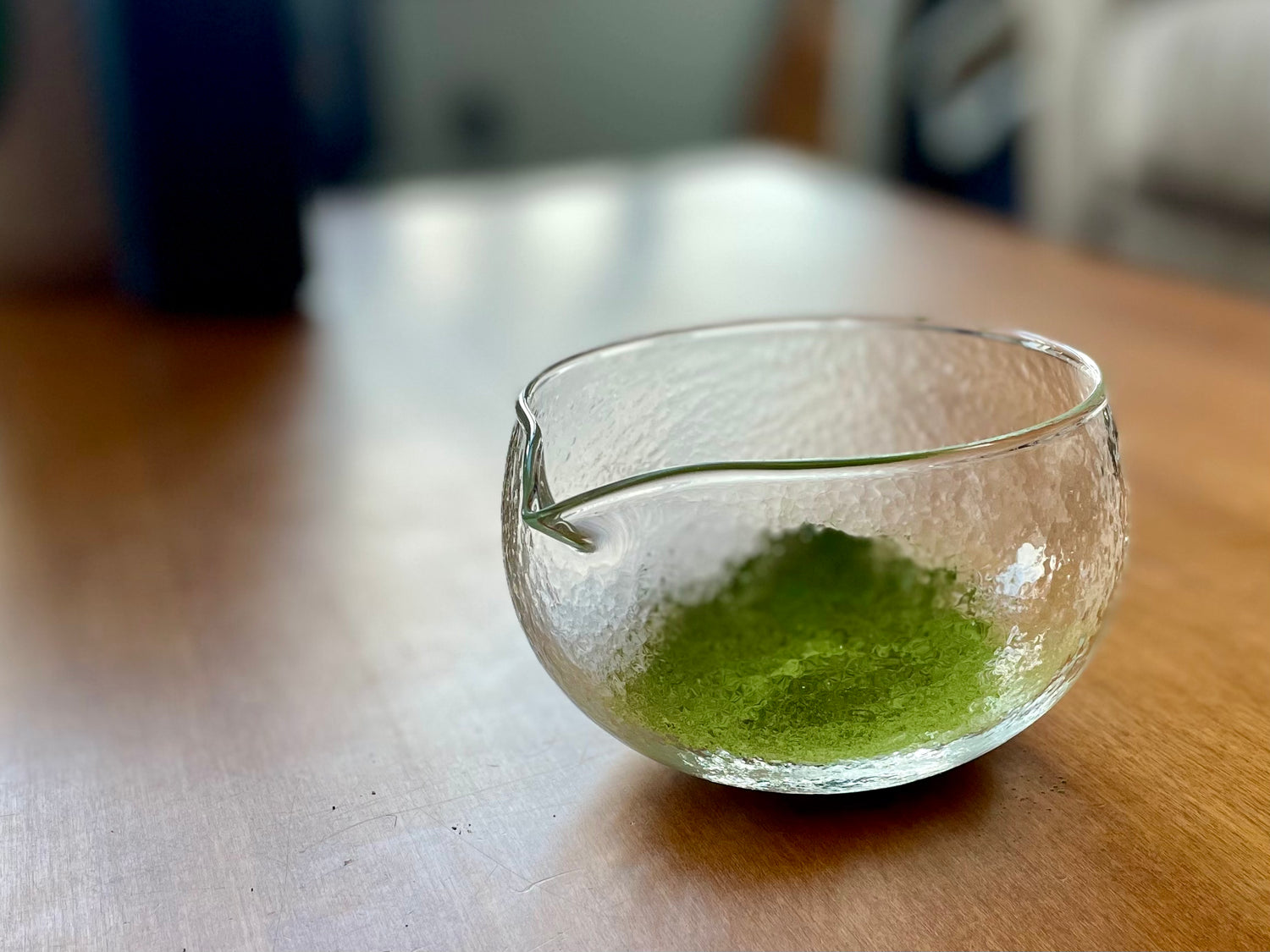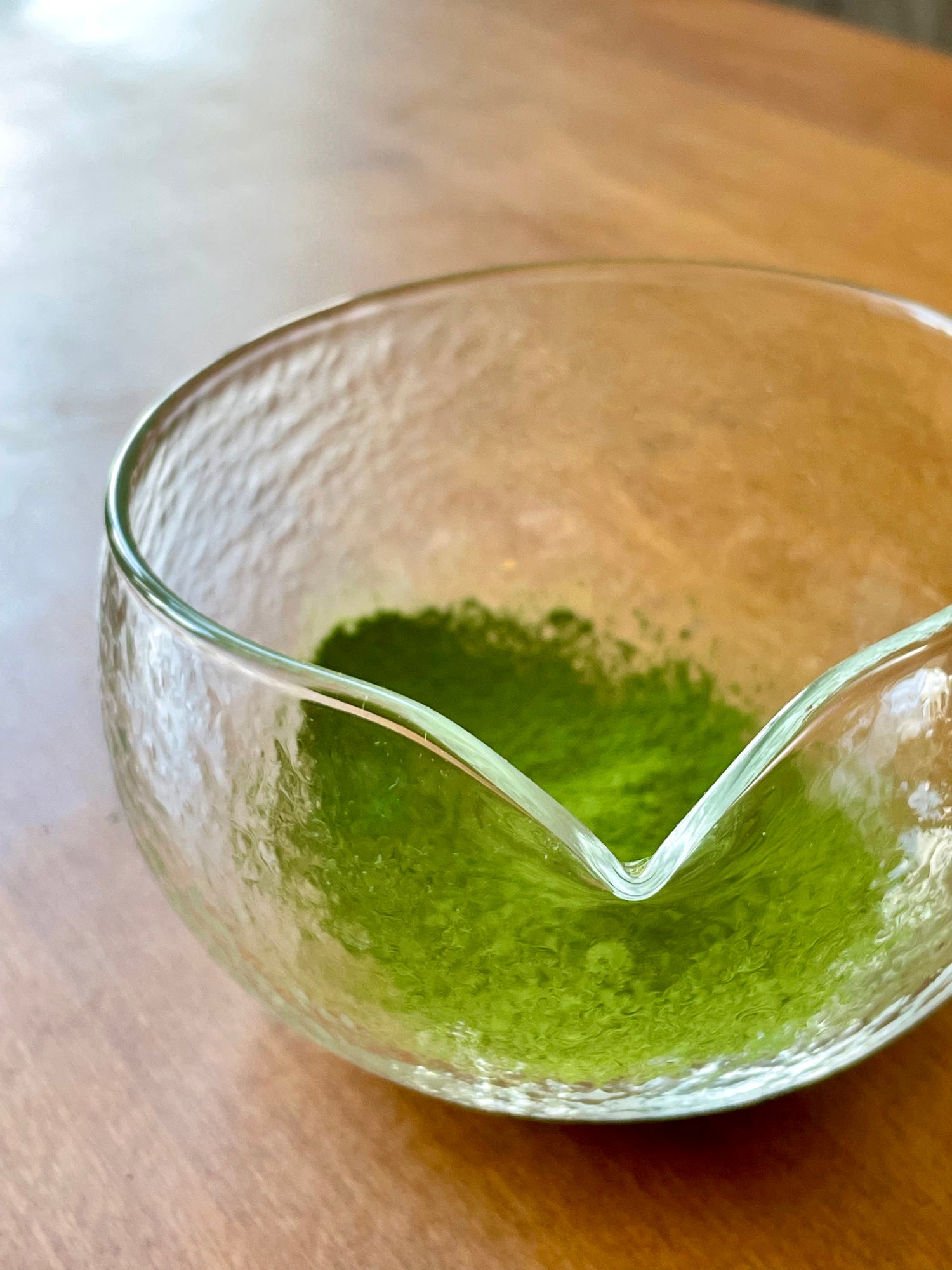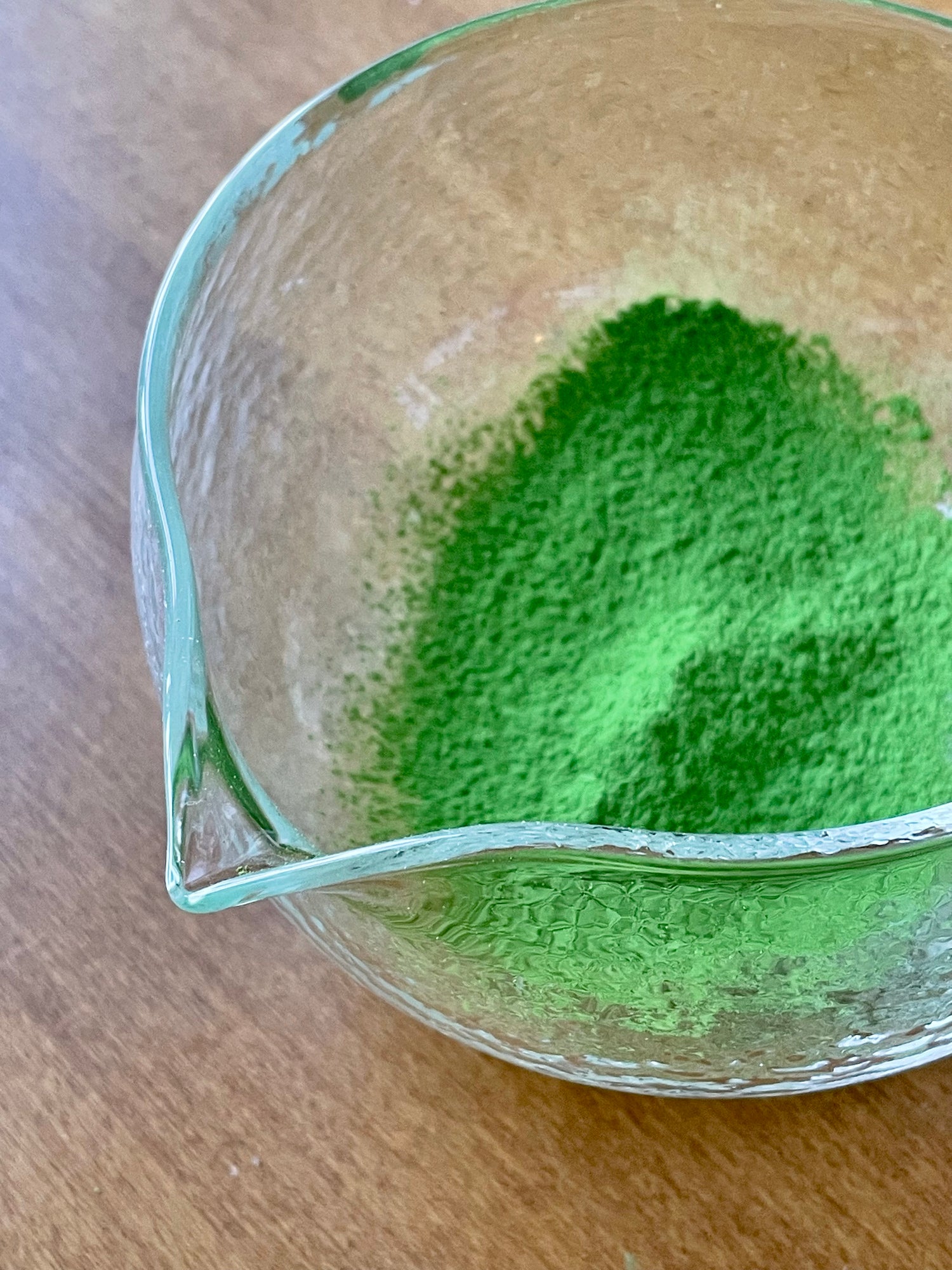Sort by:
67 products
67 products
A classic reimagined for quiet moments.
Bright, grassy, and oh-so-refreshing — this pure Sencha is a celebration of Japanese tea tradition. Steamed, rolled, and dried with care, it’s a vibrant green tea that invites stillness with every sip.
🌱 Cultivar: Yabukita — Japan’s most beloved cultivar, developed by tea pioneer Sugiyama Hikosaburo. Exceptionally versatile and perfect for loose leaf teas, it offers a beautifully balanced cup with every steep.
🌿 Origin: A thoughtful blend of two regional harvests — Shizuoka, which brings grassy, vibrant top notes, and Kagoshima, known for deeper umami and natural sweetness.
💨 Process: Asamushi or “light steaming” (25–30 seconds), a gentle approach that preserves clarity and brightness in the leaf.
🌾 Fun fact: Japanese-style green tea is steamed (not pan-fired like many Chinese teas), giving it that rich green colour and ocean-kissed flavour.
Recommendations
- Tea: 4g / 1 tbsp
- Water: 240ml / 1 cup
- Temperature: 75°C / 167°F
- Steep: 180 seconds
About
This is a classic style of white tea as produced in Fujian Province for generations, featuring notes of stone fruit and hints of spice.
It's very delicious on its own, but also happens to make a delightful base for brewing kombucha at home.
Origin
We sourced this tea from an organic garden in the highlands Hunan Province, which specializes in the organic farming of famous teas from all over the country.
Recommendations
- Tea: 4g / 1 tbsp
- Water: 240ml / 1 cup
-
Temperature: 75°C / 167°F
- Steep: 180 seconds
About
This is a gentle, floral, organic white tea that is ideal for everyday use.
With very low astringency, this delicious tea is ideal for those who are transitioning from adding sweetener to their tea... to drinking only tea.
Origin
The tea is farmed at the base of Yellow Mountain (Huang Shan | 黄山), perhaps the most iconic mountain in China. The garden manager, Chen Shen, has created a beautiful ecosystem with natural shade and plenty of insects.
The leaf cultivar is imported from Fujian Province.
Recommendations
- Tea: 4g / 1 tbsp
- Water: 240ml / 1 cup
-
Temperature: 75°C / 167°F
- Steep: 180 seconds
About
This naturally sweet black tea has golden leaves and notes of roasted sweet potato.
Origin
This tea grows in the fabled Yellow Mountain (黄山) region, in Anhui Province, using a cultivar native to Yunnan. The particular garden in which our Yunnan Gold is farmed is at an altitude of more than 2000 meters above sea level.
Recommendations
- Tea: 3g / 1 tbsp
- Water: 240ml / 1 cup
-
Temperature: 100°C / 212°F
- Steep: 210 seconds
About
This is a very rich, sweet, white tea.
The picking standard for this tea is one bud and one leaf -- the unoxidized buds give off notes of flowers and a hint of spice, while the lightly oxidized young leaves add notes of honey and fruit.
Origin
Grown organically in the highlands of Southern Yunnan Province.
Recommendations
- Tea: 4g / 1 tbsp
- Water: 240ml / 1 cup
-
Temperature: 75°C / 167°F
- Steep: 120 seconds
About
100% micro-milled Thai hibiscus flowers sourced from a sustainable, female-run community in rural Thailand.
Rest assured your tea is made with loving, experienced hands.
Ingredients
Micro-milled hibiscus powder
Note:
This product is grown sustainably and without the use of pesticides – but is not certified organic.
Brew With Ease & Elegance 🌿☁️
Elevate your daily tea ritual with our Spring-Loaded Stainless Steel Tea Infuser — a sleek, no-fuss tool designed for effortless loose leaf brewing.
With a gentle press of the spring-loaded handle, the infuser opens wide, making it easy to scoop your favourite teas directly from the bag.
- Fine mesh ensures a smooth, sediment-free cup every time
- Ideal for single-cup brewing — perfect at home, the office, or on the go
- Durable stainless steel construction for long-lasting use
- Easy to rinse clean
A minimalist essential that brings a touch of calm and convenience to your everyday tea moments. 🍃✨
- Thoughtfully designed spout — perfect for pouring thick or frothy matcha with ease
- Holds approximately 350ml
- Dishwasher safe for easy clean-up
A simple yet elegant tool that brings beauty and intention to your matcha moments. 💚
About
Possibly the most beautiful whole flower tea we have ever sourced, these dried hibiscus blossoms not only taste fantastic, they also look the part.
Pro tip: Hibiscus makes an amazing addition to cocktails if you're looking for a little bit of acidity.
Recommendations
- Tea: 4-5 flowers
- Water: 350ml / 1.5 cups
-
Temperature: 100°C / 212°F
- Steep: 120-180 seconds
About
A delicious, earthy & floral tisane that is loaded with antioxidants, Butterfly Pea Flowers are sure to delight with their vibrant colour that changes with the addition of citrus!
Origin:
Sourced from a sustainable, female-run community in rural Sukothai, Thailand.
This product is grown sustainably and without the use of pesticides – but is not certified organic.
Recommendations
- Tea: 3-5 flowers
- Water: 240ml / 1 cup
-
Temperature: 100°C / 212°F
- Steep: 180 seconds
This tea is traditionally served with brown sugar and a few drops of lime, lemon, or kalamansi. The edible flowers will steep to a deep blue colour and change to bright purple when you add citrus.


































